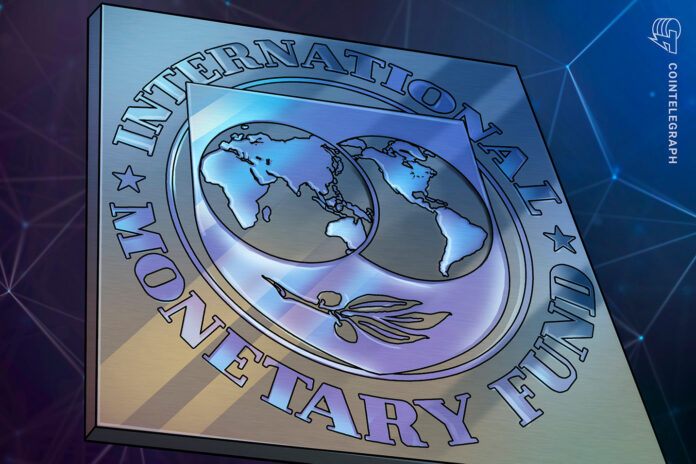The Republic of the Marshall Islands (RMI) has completed its annual talks with the International Monetary Fund (IMF). The country is expected to see gross domestic product (GDP) growth this year, the IMF concluded, in a recovery from the impact of COVID-19 and the contraction of its fishing industry. Climate change and decentralized autonomous organizations (DAOs) remain a threat, however.
The RMI is spread across more than 1,000 islands in the Central Pacific region. It has an average elevation of six feet above sea level and a population of about 56,000. With a 2022 GDP of $261 million, the sale of a single fishing boat led to a drop in GDP of 4.5% that year.
This is what it’s like to fly in the Marshall Islands on @united Island Hopper. #travel pic.twitter.com/lzkcHwLu6b
— Jennifer Broome (@JenniferBroome) July 8, 2023
Fiscal reforms are needed in the RMI ahead of a new Compact of Free Association with the United States that goes into effect in 2024, the IMF said, and fintech initiatives “pose risks to financial integrity of the RMI.”
The RMI passed legislation recognizing DAOs as legal entities and then allowed them to incorporate there as limited liability companies in 2022 — moves that made the IMF profoundly uneasy. It said:
“The enactment of the DAO Act and the move to start registration of DAOs […] are especially concerning given the capacity constraints and questions regarding the understanding of the authorities to adequately regulate and supervise these initiatives.”
The IMF advised the RMI to place a moratorium on DAO registration. The country should first create a monetary authority, the IMF advised. It is not clear whether any DAOs have been registered in the RMI yet.
Related: Legal DAOs: Why is the Marshall Islands betting on a decentralized future?
The country is also in danger of losing its last U.S. dollar correspondent account because of concerns about its fintech and “offshore sector” related to Anti-Money Laundering and Counter-Terrorist Financing. The loss of correspondent accounts, known as derisking, isolates a country from the international economy and is considered controversial from the perspective of social justice.
The IMF also advised the RMI to repeal the SOV, its central bank digital currency (CBDC). While the IMF is generally favorably inclined toward CBDCs, it pressed the RMI to back away from its CBDC project in its 2021 consultation as well, saying the country was unprepared for it. The SOV has yet to launch.
Collect this article as an NFT to preserve this moment in history and show your support for independent journalism in the crypto space.
Magazine: Extinct or Extant: Can Blockchain Preserve the Heritage of Endangered Populations?
Hits: 0











